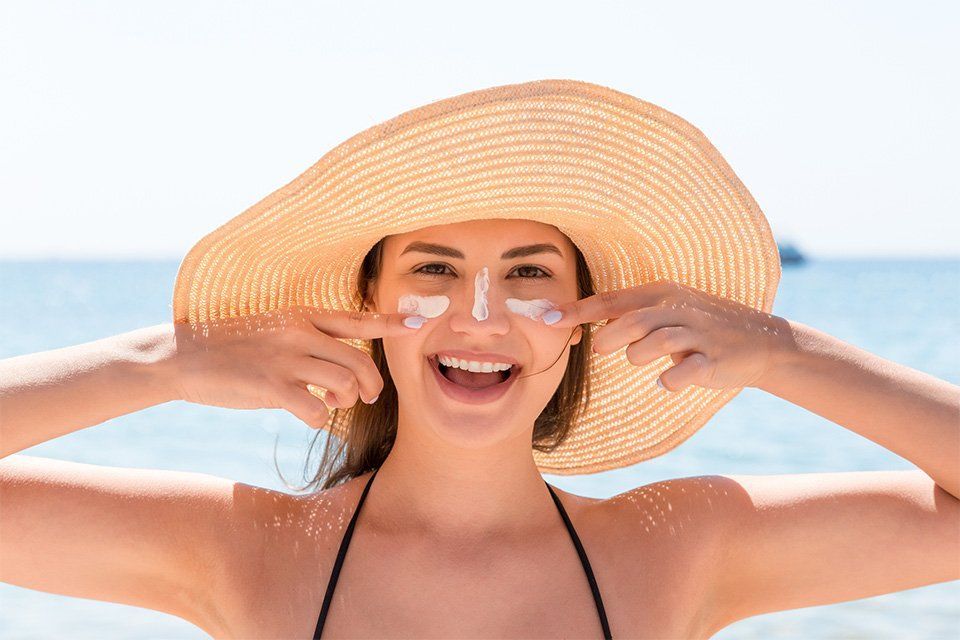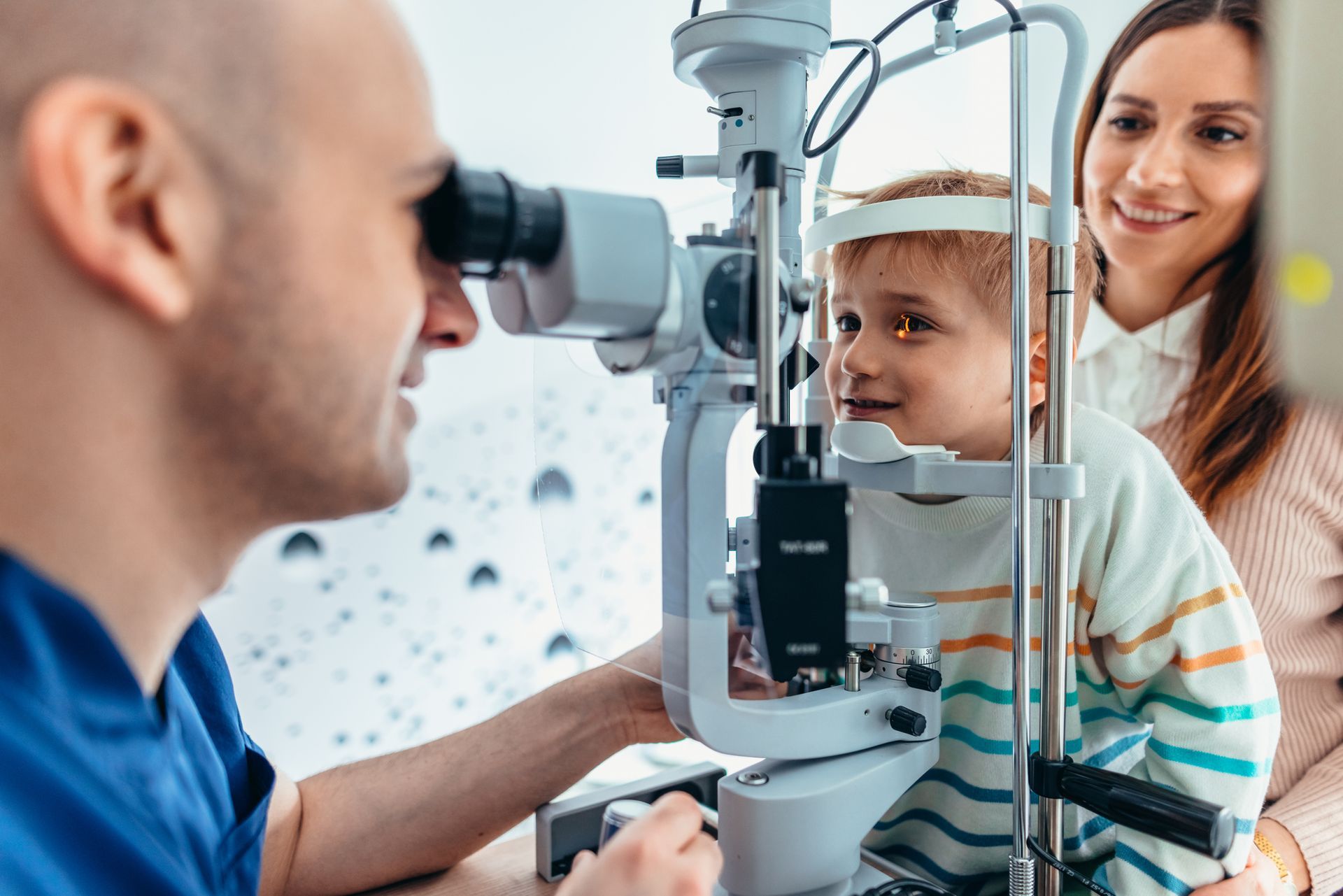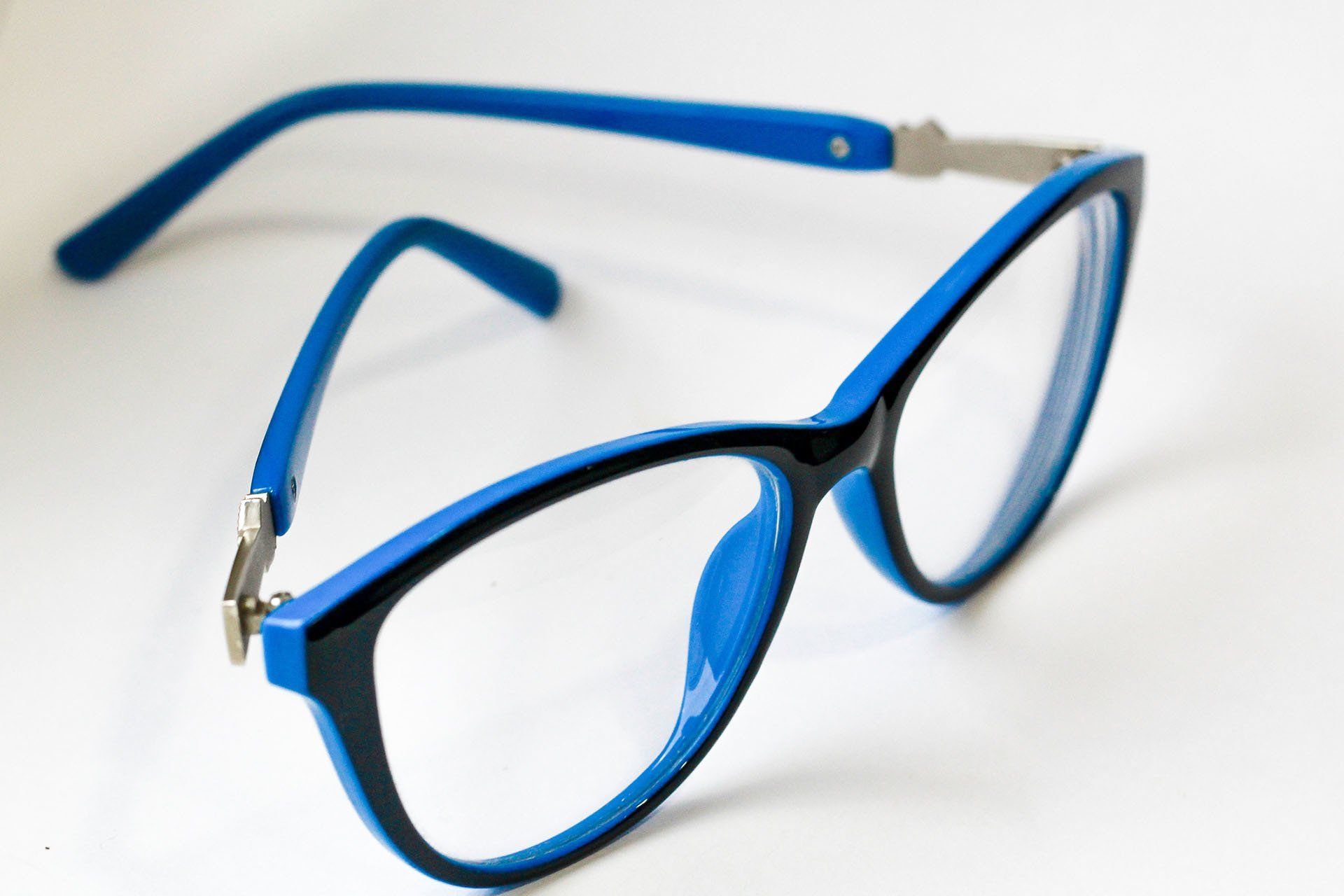Contacts, Summer Fun, And Eye Health
August 30, 2019

Summertime means sun, fun, and outdoor activities galore.
But if you have contacts, can you wear them for seasonal adventures? Before you
retire your lenses for the next few months, take a look at what you need to
know about contacts and the summer season.
Can You Wear Contacts to the Pool?
You can wear contacts anywhere. The real question here
is-can you wear contacts in the pool? If your pool day routine doesn't include
a dip in the chlorinated water, your contacts shouldn't cause a problem.
Contact wearers who plan to swim should:
- Remove contacts first . Bacteria in pools (even chlorinated pools) can stick to your contacts and cause serious eye infections. Avoid this issue, along with other irritations, and remove your lenses before you swim.
- Wear goggles . If you absolutely can't remove your contacts wear goggles. Make sure the goggles fit snugly around your eyes and don't allow pool water in.
- Check for leaks . Leaky goggles allow water (and the bacteria/irritants in it) into your eyes. Check the fit before you swim and periodically look for leaks during your pool day.
- Choose disposable lenses . One-use lenses make it easy to remove your contacts before pool-time. Simply take them out, throw them away, and replace the contacts with new ones after you're done in the pool.
Can You Wear Contacts to the Beach?
Like with pools, you shouldn't wear your contact lenses in
the ocean. The same goes for a lake, river, or other natural body of water.
Whether it's chlorinated, fresh, or salt, water should never touch your
contacts.
Not only can ocean (or fresh lake/river water) irritate your
eyes or cause infections, but the beach itself can cause serious problems. Sand
can irritate eyes without contacts. Add lenses to the situation and you could
scratch your eye or damage the contact.
Before you go to the beach:
- Remove your contacts . Remove your lenses somewhere away from the beach. This reduces the risk of sand drifting or blowing into your eyes.
- Keep your contacts somewhere safe . A beach bag is an open invitation for sand to get into your contact case. Keep your lenses in a secure bag pocket or somewhere away from the sand.
- Consider alternative eyewear . If you need corrective lenses, but can't wear your contacts, try prescription sunglasses for your beach day.
Can You Wear Contacts in the Sun?
The sun shouldn't interfere with your contact use. But that
doesn't mean you should leave your eyes unprotected. Whether you wear contacts
or not, the sun's UV rays can damage your eyes. Over time, sun exposure can
result in cataracts, changes to the eye's tissue, or skin cancer (in and around
the eyes).
Sunny-day outdoor contact use should include:
- Sunglasses . Always wear sunglasses that block 99 to 100 percent of the sun's UVA and UVB rays when you're outside.
- Shade . The sun can creep into your eyes through the top or side of your sunglasses. To reduce overall exposure, take breaks and head for the shade.
- UV - blocking contacts . Talk to your eye doctor about specialized UV-protecting lenses. These block varying degrees of UVA and UVB rays.
Recent Posts
January 29, 2020
Learn how to prevent and manage pink eye with Fraser Optical’s expert tips. Keep your eyes healthy with these practical, easy-to-follow guidelines.









